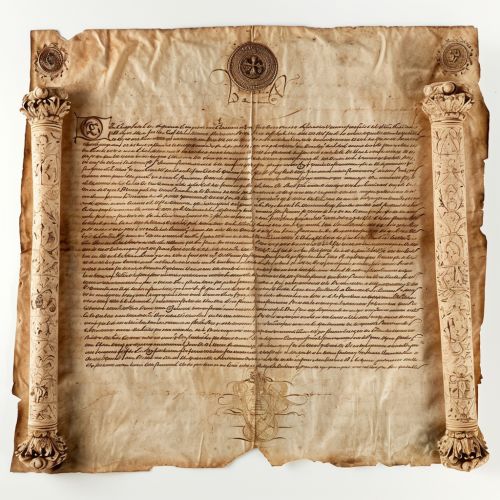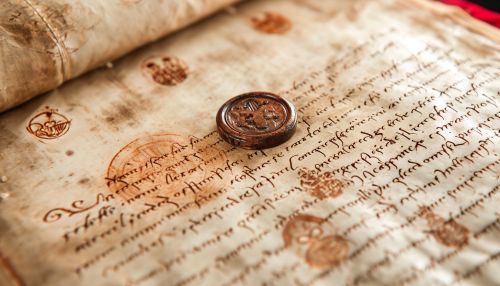Magna Carta
Origins and Background
The Magna Carta, Latin for "Great Charter," is a document that was drafted and signed in the year 1215 in England. It is widely recognized as one of the most significant legal documents in the development of modern democracy. The charter was a result of disagreements between King John and a group of barons who were dissatisfied with the King's abuse of royal power. The Magna Carta was a series of written promises between the king and his subjects that he, the king, would govern England and deal with its people according to the customs of feudal law.


Historical Context
The Magna Carta was drafted at a time when the medieval kings of England had a variety of administrative, economic and military powers. The King had the power to issue laws and also the right to levy taxes. However, these powers were not absolute and the King was expected to observe certain legal procedures and traditional customs. The reign of King John was marked by a series of unsuccessful military campaigns, high taxes and legal disputes which led to a group of barons leading a rebellion against him. The Magna Carta was an attempt to address these issues and prevent further conflict.
Content and Provisions
The Magna Carta is divided into a preamble and 63 clauses. The preamble contains an introduction and a declaration of rights. The clauses are divided into categories, dealing with various aspects of law and order, including the church, justice, trade, towns, taxes, and property rights. Some of the key provisions include the protection of church rights, protection for the barons from illegal imprisonment, access to swift justice, and limitations on feudal payments to the Crown.
Significance and Legacy
The Magna Carta is considered a foundational document in the development of constitutional law in England. It established the principle that the king's power was not absolute, but rather subject to the law. This concept was revolutionary at the time and laid the groundwork for the establishment of constitutional monarchy and the rule of law in England and other countries around the world. The Magna Carta has also been cited as an influence in the drafting of other significant legal documents, including the U.S. Constitution and the Universal Declaration of Human Rights.
Preservation and Display
The original Magna Carta was written on parchment, a material made from animal skin. Today, four copies of the original 1215 Magna Carta survive. These are held by the British Library and the cathedrals of Lincoln and Salisbury. The document is displayed in a secure, climate-controlled case to ensure its preservation.
